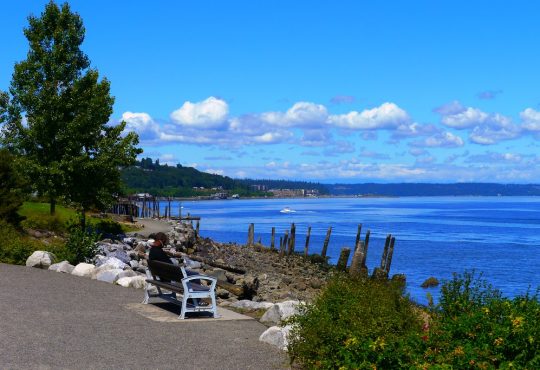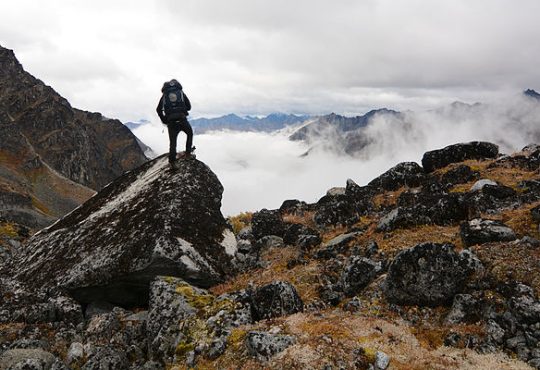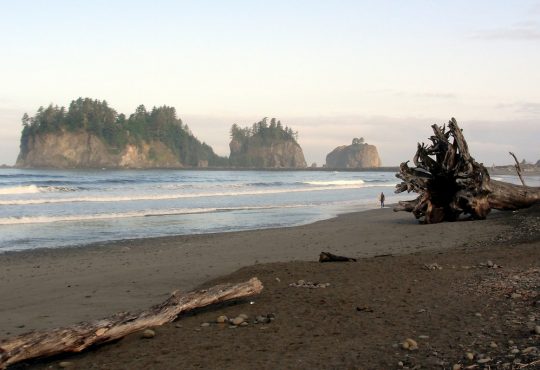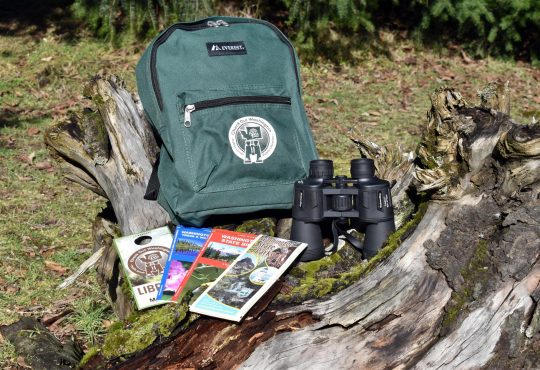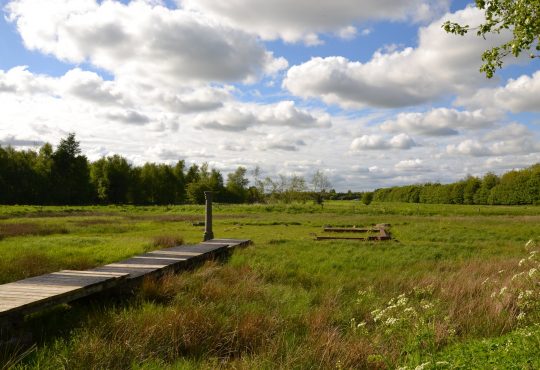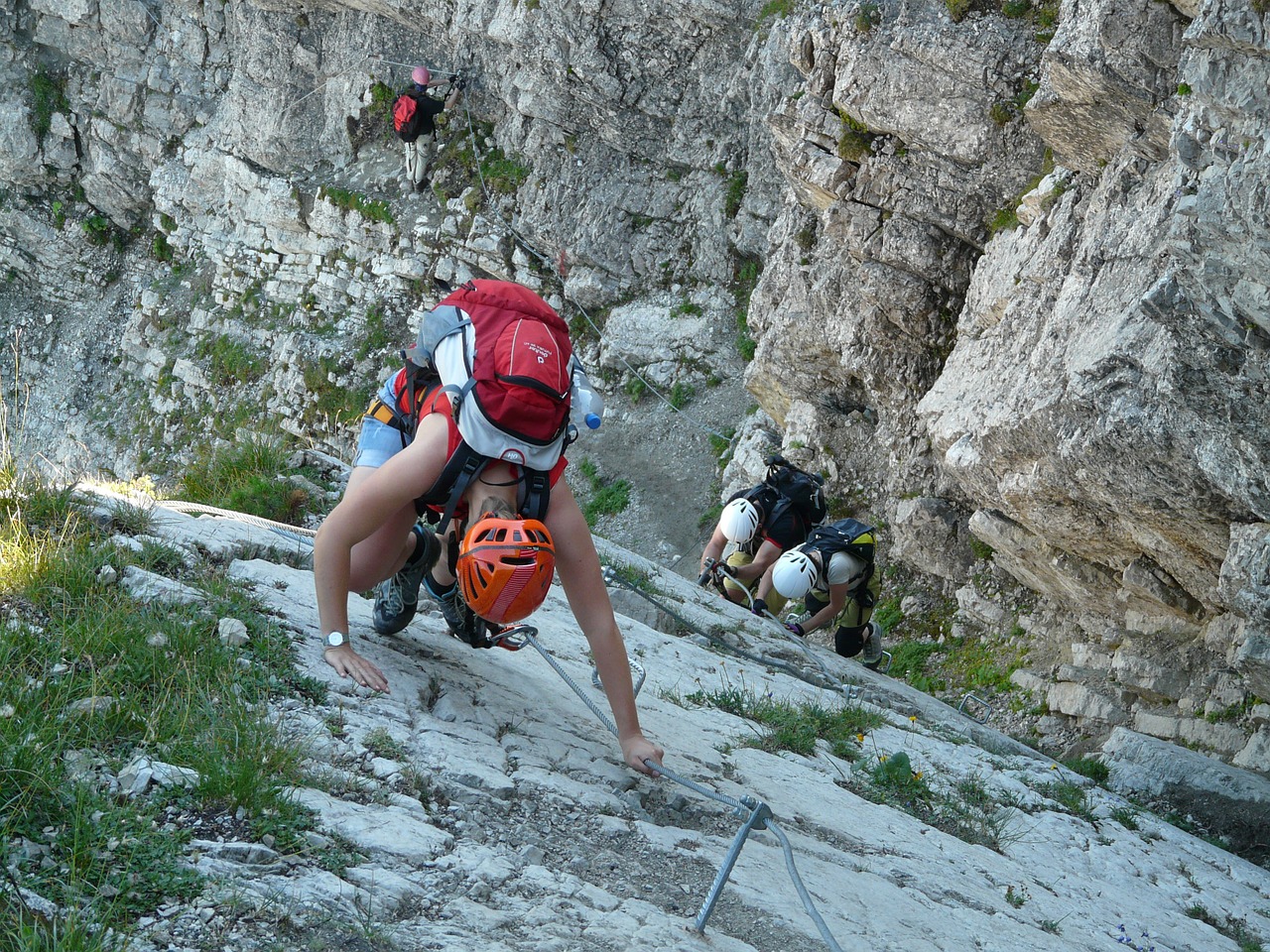
“Do you like inclusivity, body positivity and empowerment?” This is the line that heads the “Womxn and Nonbinary Climbing Night” emails that Puget Sound Outdoors (PSO) sends out a few times per semester — a welcome sight for many individuals who can feel excluded by the climbing community.
Climber and activist Shelma Jun founded Flash Foxy and the Women’s Climbing Festival to connect and celebrate womxn and nonbinary climbers.
“The aim of the [womxn and/or non-binary climbing spaces] is to open an experimental space that helps us acknowledge the growing community of [these] climbers, build solidarity with one another and play with the possibility of climbing differently. We want to re-imagine our relationships with climbing without feeling pressured to conform to masculine social norms, and for some of us, to subvert them,” Jun said in an article for Climbing.com, quoted here from a PSO email.
Inspired by this, junior Ella Hampson started this group last year as a way to create a positive space for womxn and nonbinary Loggers in a typically male-dominated sport. PSO has had iterations of this group before but never with the same organizational capacity as this one.
“I feel that there is a lot of value in creating a non-judgemental and inclusive space where womxn and non-binary people can explore the sport of climbing and be supported by like-minded people,” Hampson said.
Like most outdoor sports, climbing is dominated by men. Womxn and nonbinary Loggers have noted that the entire sport can lose its appeal when all gyms and outdoor climbing crags are teeming exclusively with very fit men. Hampson’s climbing nights seek to bring the joy back into climbing, by celebrating the abilities that womxn and nonbinary individuals do have, rather than those they don’t.
Unintentionally, senior Ana Siegel’s first outdoor climbing trip was entirely women, and she remembers how empowering and unintimidating it was, especially for a first-time experience.
“Since then, my most favorite moments climbing have been with my girlfriends and especially in a sport that is largely dominated by men. I feel so lucky to have such a strong community of women climbers to climb with. I think it’s important to have entirely womxn/non-binary climbing trips/nights because that community of climbers is one that should be both celebrated and grown,” Siegel said.
Hampson agreed that finding strong womxn/nonbinary climbers to look up to helps her stay confident in such a “bro culture.”
“It’s also a great place for people to come to find role models and community while pushing themselves to grow in ways they don’t always feel comfortable otherwise,” Hampson said.
Bella Machado, who is a sophomore, echoes Siegel and Hampson, noting that the program “is important because it works to break down barriers of exclusivity in the outdoor industry and creates a space where all identities can explore and be celebrated. By leading entirely womxn/non-binary trips it alleviates the pressures that masculine energy can create within outdoor activities.”
The group currently meets monthly, but next semester Hampson is hoping to host it weekly or bi-weekly. The next (and final) womxn and nonbinary climbing night will be hosted from 6–7 p.m. on May 2 at the campus climbing wall.

